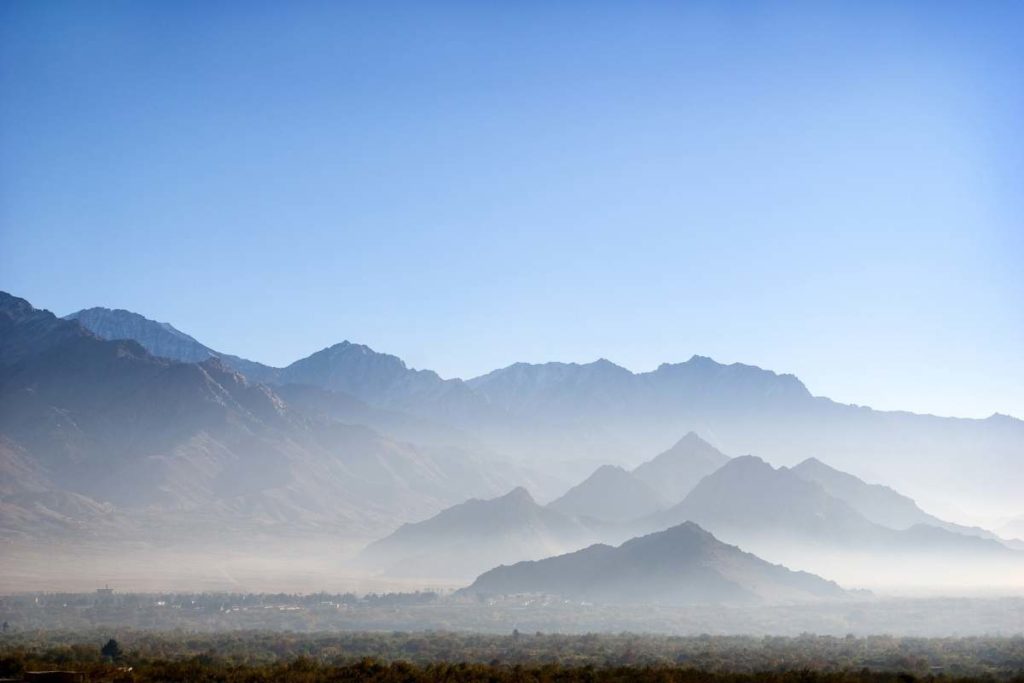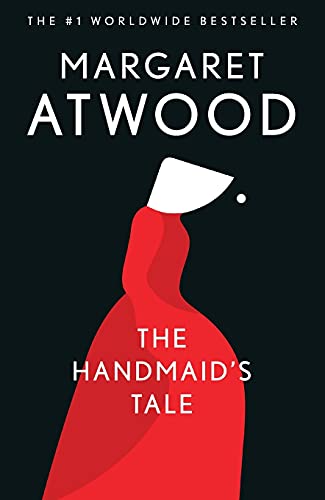
A Thousand Splendid Suns demonstrate Khaled Hosseini’s ability to tell deeply human stories in highly inhuman circumstances. This is our selection of Books Like Thousand Splendid Suns.
Before being a renowned novelist, bestseller, and committed human rights activist, Khaled Hosseini was a young Afghan who immigrated with his family to the United States just after the Soviet invasion of Afghanistan.
It took more than twenty years for him to return to his country of birth, but the truth is that he never really left…
Khaled Hosseini’s novels tell stories of Afghan citizens who live in vulnerable contexts in a country plagued by war, violence, and continuous human rights violations; the protagonists go through tragic and traumatizing situations that force them to learn to survive or to try to escape and rebuild their lives in other places, just like he did.
A Thousand Splendid Suns demonstrate Khaled Hosseini’s ability to tell deeply human stories in highly inhuman circumstances.
The journeys of the protagonists will surely leave wounds and scars that will take time to heal on the readers’ minds, and that is something that not many books can achieve.
That is why we set out to share 10 books similar to A Thousand Splendid Suns, which deal with related topics and delve into societies and cultures where people must make sacrifices to get ahead in life.
This is our selection of Books Like Thousand Splendid Suns.
Disclosure: Some of our articles contain affiliate links (as an Amazon affiliate I earn from qualifying purchases).
The Colour of Our Sky
by Amita Trasky, 2015
Prices pulled from the Amazon Product Advertising API on:
Product prices and availability are accurate as of the date/time indicated and are subject to change. Any price and availability information displayed on [relevant Amazon Site(s), as applicable] at the time of purchase will apply to the purchase of this product.
This is a story of friendship between two very different girls: Tara, who leads a relatively affluent life with her parents in Bombay; and Mukta, whose fate will be imposed on her by others and they will turn her into a sex slave.
Both protagonists tell their stories alternating chapters about their past and present, showing that no matter how hard life is, there is always room for hope.
Memoirs of a Geisha
by Arthur Golden, 1997
Prices pulled from the Amazon Product Advertising API on:
Product prices and availability are accurate as of the date/time indicated and are subject to change. Any price and availability information displayed on [relevant Amazon Site(s), as applicable] at the time of purchase will apply to the purchase of this product.
The story opens a window into the hermetic and mysterious world of Kyoto geisha, where sensuality and beauty go hand in hand with degradation and submission.
Shortly before her death, Sayuri recounted to a friend her troubled and fascinating life: from a miserable childhood, she became one of the most famous geisha in interwar Japan, a country where feudal and ancient echoes still resonated, and where ancestral traditions began to coexist with the ways of the modern world.
The Handmaid’s Tale
by Margaret Atwood, 1985
Prices pulled from the Amazon Product Advertising API on:
Product prices and availability are accurate as of the date/time indicated and are subject to change. Any price and availability information displayed on [relevant Amazon Site(s), as applicable] at the time of purchase will apply to the purchase of this product.
Offred lives in the Republic of Gilead where a puritanical dictatorship of biblical inspiration reigns.
Like all women, she has lost all her rights and her mission in society is reduced to procreating.
Although the novel is framed within the dystopian genre of science fiction, the futuristic plot can be extrapolated to many of the dynamics of patriarchal domination made visible by the feminist movement on the rise today.
Educated
by Tara Westover, 2018
Prices pulled from the Amazon Product Advertising API on:
Product prices and availability are accurate as of the date/time indicated and are subject to change. Any price and availability information displayed on [relevant Amazon Site(s), as applicable] at the time of purchase will apply to the purchase of this product.
Tara Westover grew up in the mountains of Idaho in a radical Mormon family that did not believe in medicine or school.
Despite never having set foot in a classroom and having only books on religion within her reach, she ended up obtaining a doctorate at Cambridge.
This autobiographical story talks about the moment when life changes and you have to choose: to stay at home living a life that you hate or to get away from your family if you want to fulfill your dreams.
The Pearl That Broke Its Shell
by Nadia Hashimi, 2014
Prices pulled from the Amazon Product Advertising API on:
Product prices and availability are accurate as of the date/time indicated and are subject to change. Any price and availability information displayed on [relevant Amazon Site(s), as applicable] at the time of purchase will apply to the purchase of this product.
The book connects the stories of two women separated by almost 100 years, Shekiba and his great-great-granddaughter, Rahima.
Their stories are a vindication to Afghan women as well as a testimony to the injustices and suffering that many of them faced.
The struggles of these women range from the search for happiness to survival in a place not suitable for dreams.
In the Sea There Are Crocodiles
by Fabio Geda, 2010
Prices pulled from the Amazon Product Advertising API on:
Product prices and availability are accurate as of the date/time indicated and are subject to change. Any price and availability information displayed on [relevant Amazon Site(s), as applicable] at the time of purchase will apply to the purchase of this product.
Due to the rise of the Taliban, Enaiat is forced to escape Afghanistan accompanied by his mother to ensure his survival.
Based on a true story, this autobiographical novel is the result of conversations between Enaiatollah Akbari and the Italian writer Fabio Geda, who has done an excellent job turning the protagonist’s memories into a story of overcoming.
Told with humor and humanity, this epic story of hope and survival will make the reader embark on a journey through Pakistan, Iran, Turkey, Greece, and Italy.
The Boy in the Striped Pyjamas
by John Boyne, 2006
Prices pulled from the Amazon Product Advertising API on:
Product prices and availability are accurate as of the date/time indicated and are subject to change. Any price and availability information displayed on [relevant Amazon Site(s), as applicable] at the time of purchase will apply to the purchase of this product.
The novel tells the story of two children in a concentration camp in Nazi Germany during the Holocaust.
Despite the fact that their parents are Nazi captors and Jewish captives, respectively, they end up becoming friends, and they make us see wars and genocides with different eyes.
The Beekeeper of Aleppo
by Christy Lefteri, 2019
Prices pulled from the Amazon Product Advertising API on:
Product prices and availability are accurate as of the date/time indicated and are subject to change. Any price and availability information displayed on [relevant Amazon Site(s), as applicable] at the time of purchase will apply to the purchase of this product.
Nuri lives happily with his family in Aleppo. He is a beekeeper and dedicates his life to bees, but when war destroys everything they love, they become Syrian refugees.
In this emotional and thoughtful book, Nuri conjures up the happiest memories of his life so as not to lose hope in his journey.
Shantaram
by Gregory David Roberts, 2003
Prices pulled from the Amazon Product Advertising API on:
Product prices and availability are accurate as of the date/time indicated and are subject to change. Any price and availability information displayed on [relevant Amazon Site(s), as applicable] at the time of purchase will apply to the purchase of this product.
A fugitive from a high-security prison in Australia arrives in Bombay, leaving his previous life behind. His name is Lin, but he will soon be known as Shantaram, the Man of God’s Peace.
In Bombay, he meets Prabaker, his Hindu guide, who teaches him not only the language, but the whole city, both the tourist sites and the unknown underworld.
The novel combines the epic tale with passages of great beauty, humor, and sensitivity while touching the mind and the heart.
The Bookseller of Kabul
by Asne Seierstad, 2002
Prices pulled from the Amazon Product Advertising API on:
Product prices and availability are accurate as of the date/time indicated and are subject to change. Any price and availability information displayed on [relevant Amazon Site(s), as applicable] at the time of purchase will apply to the purchase of this product.
Asne is a Norwegian journalist who traveled to Afghanistan after the fall of the Taliban and became friends with a bookseller, Sultan Khan.
This man who ended up in prison for selling books told the journalist the misfortunes that governments over the years inflicted on the country in different areas, especially culture.
In this non-fiction story, you will understand how the changes in government affected people’s lives and the difficulties that Afghan society currently faces.
















